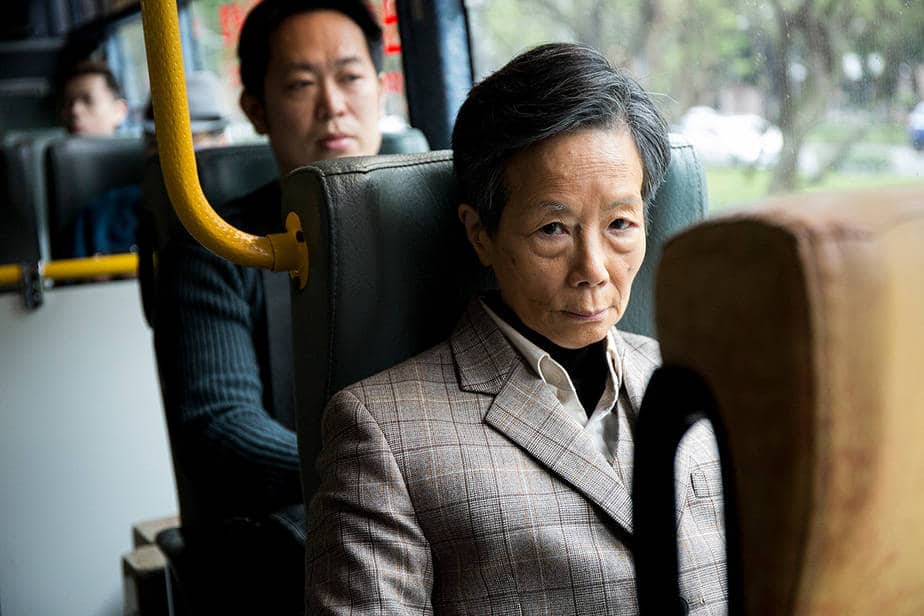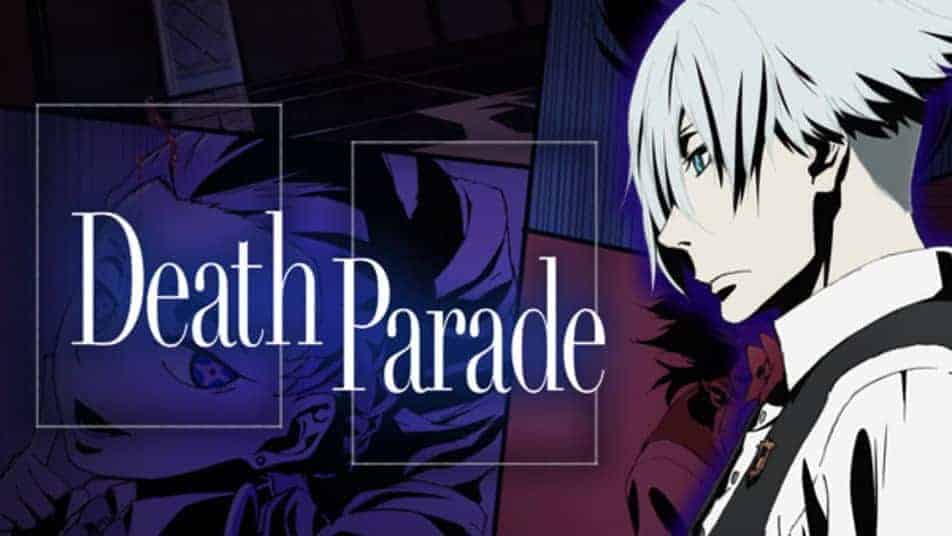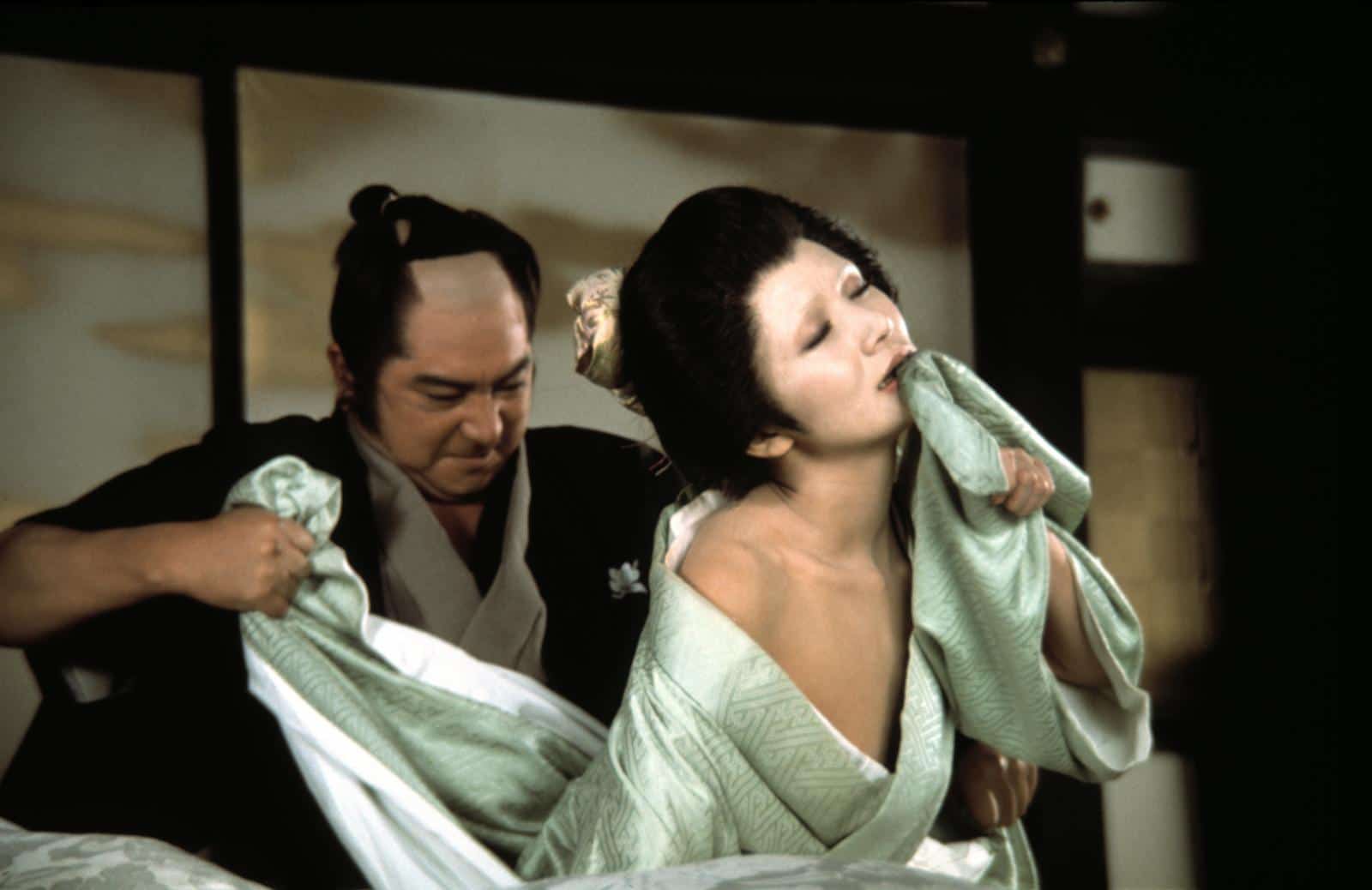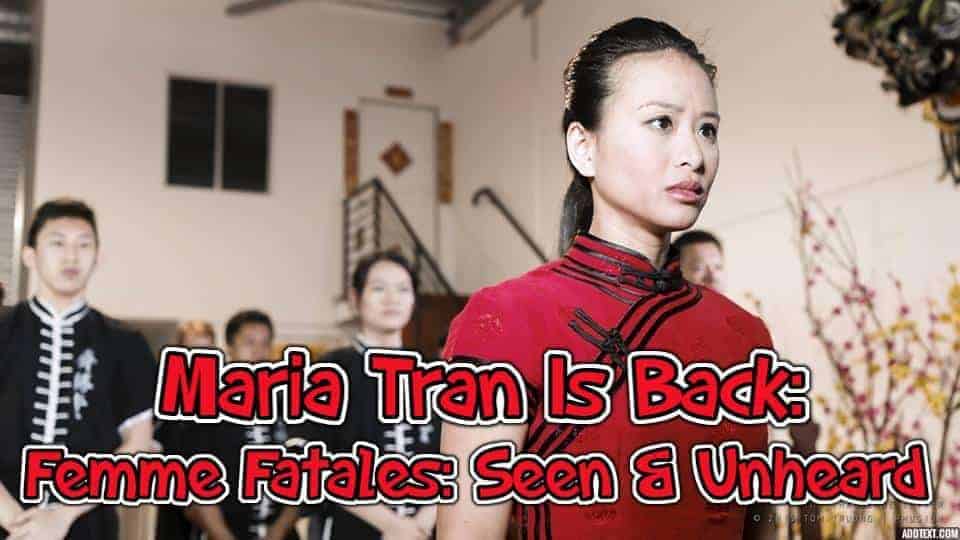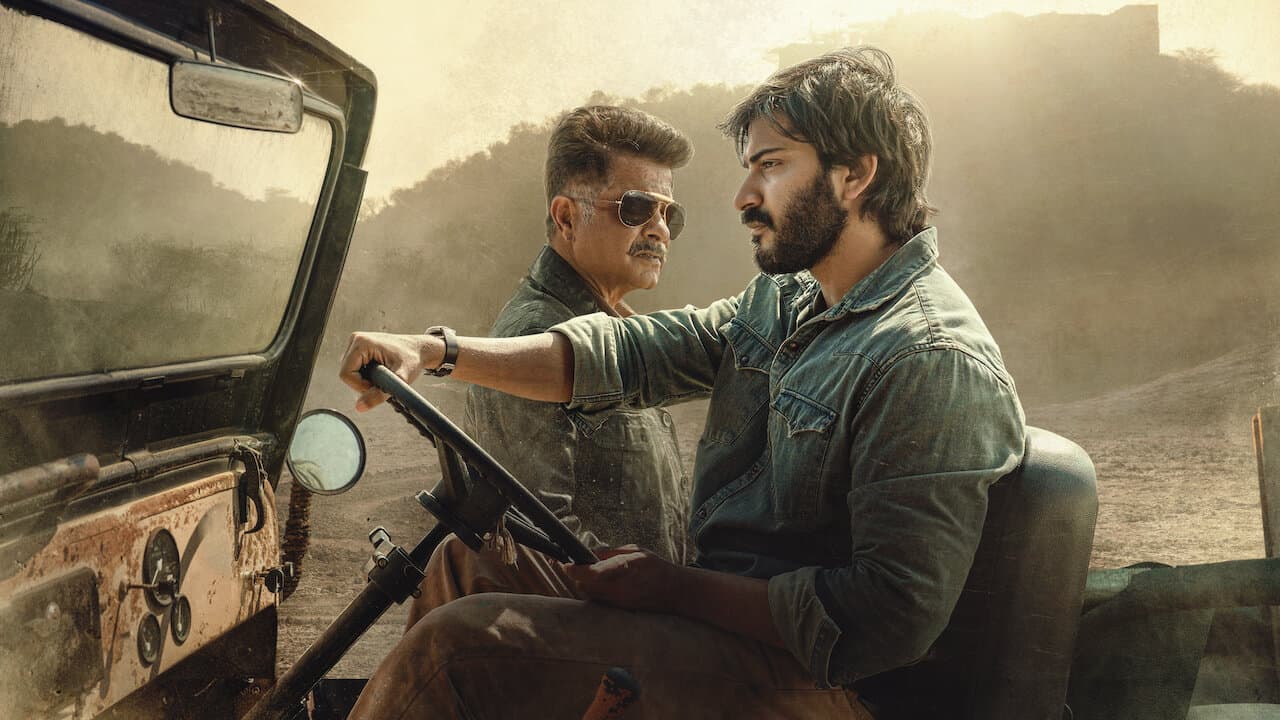Xian Zhang is a Chinese director born in 1989, who graduated from Bejing Film Academy. On the occasion of his debut feature “Best Director” screened at the Warsaw Film Festival we chat with him about weddings, generational clash and idealism.

In your movie, a wedding celebration is a pretext to reflect on generational differences. To what extent young Chinese audience can relate to the experiences of your hero?
This is a common problem in China, related to the fact the country has developed very quickly in a very short span of time. Because of that rapid growth, the gap between the generations is bigger than in different places. Young people moving to big cities lead a different life than their folks or friends who stayed at home. When they come back, the traditional culture and their newly gained modern approach clash. China is a country of contrasts. And those generational differences apply not only to wedding matters but also other issues, such as a choice of a partner or a job. Actually, we can notice that conflict between the younger and older generation in almost every aspect of life, even such little things like shopping. Young generation of Chinese want to order everything online, while the older generation is rather reluctant.
And it is not much different here. What do you think the future will bring?
The conflict will ease with time.

Wedding celebrations don't seem very idyllic in your film…
I attended dozens of weddings, so I know pretty well that although everything they might seem cheerful, it doesn't look so rosy from the backstage, so I wanted to portray it in my movie. Weddings are nowadays organized in a Western way. In big cities, they tend to become more modest, but in small towns and in villages they are like the one you can see in a movie or even more brash.
Why you decided to shoot in black and white?
I was inspired by old Chinese black and white movies and I wanted to pay them a little homage. But the other reason is I enjoy early comedies of Woody Allen. I think humor seems more clear-cut in those monochrome films, because the colours are not distracting the perception.
I must admit that I felt a bit of that early Woody Allen spirit watching your movie. Is his ironic reception of reality close to you?
Woody Allen's sense of humor is very intellectual, his movies amuse me and I give him credit for that. But making my own movies I am drawing from the life situations, and my humour is not based on anybody else's. I'd rather call it my auteur wit. (Laughter.)
Your characters try to rebel, but in the end they do what their parents want with fake smiles. Do you think in life we are condemned to compromises?
I personally think we should follow our hearts and do everything we identify with, but in Chinese culture, there are two very important concepts. The first is filial piety (xiào), which is the virtue of obedience and devotion toward one's father, superior and so on. We can explain it as the respect manifesting in compliance and subjection. And the second is face (mianzi). Saving face, related with our pride and dignity, has a great importance. We can't lose face. The concept of face is linked with the way people perceive us, face constitutes our public image, what we show to the world. Because it is so significant for Chinese people, we need to find a certain balance in our actions to be able to lead a life of our own, but not hurting those traditional values and ways of parents.
One of the colleagues says to the main character „you won't live off being idealist”. Do you think there's space for idealism in a modern world?
I've heard this kind of words over and over again, since I began dreaming of making movies. People were telling “you should find a proper job”, or “you won't live off film making”, “ideals won't feed you”. Literally it was “idealism won't give you a bowl of rice”. But I pursued with my dreams and I proved it is possible to do that. My hero also follows his ideals.
So you are idealist?
Yes. (Laughter.)
The image of media in your movie is spiteful. Was it just a story-wise matter or you think in recent times, media have lost their informational function and became farcical?
The idea to portray media in an ironical, irreverent way was a counterbalance to showing the faith in the numerology, horoscopes and superstitions. I wanted to collate those two aspects, the one associated with modernity and the one linked with tradition. People get very excited and emotional about both. They seem to trust live broadcasts and superstitions with the similar lack of criticism. I wanted to show that paradox. But personally I think there are good and bad media.

Screenings in Warsaw were the first screenings of your movie outside China. Having feedback from the foreign audience, can you tell if there was something that surprised you?
I was afraid that people abroad won't understand my movie, so I was very surprised they were laughing at the “right” moments. But to my astonishment, audience giggled also at the scenes that are not funny in an obvious way. I was talking to many Polish viewers here in Warsaw, who told me that local wedding customs are quite similar, with lavish party, and many toasts. And that the conflict between the generations is also present and similar. It is amazing how some problems can be so universal.
Indeed. I can tell you even I remember the situation, when parents of my friends took offence, because those friends decided not to organize a wedding party, only a humble dinner for family.
(Laugher.) So you can recommend them watching my movie to see the situation through the comic lens.
But coming back to the scenes foreign audience might misunderstand, there was a moment with a turtle crawling across a kind of congratulation inscription…
The turtle in this scene symbolizes the groom, who carries his shell like the groom carries the bride on his back to bring her home – as you can see it in the movie. The inscription is made of two joined signs, both standing for “happiness”. So the meaning is double luck, and it is often used for weddings.
Though it didn't bring much luck to the couple in your movie.
Right (laughter). But also this is why we have that epilogue in color.
Could you say something more about your intentions behind this epilogue?
The purpose was to show an alternative reality, how it could have been, if those generations were able to achieve agreement. In this scenario, children understand their parents, and parents also understand youth's needs. It is possible.
To conclude, are you working on any new project?
Yes, as soon as I come back from Warsaw, I'll start writing up the script I've already had in my head.
I'll be looking forward to it.
And I hope I'd be able to screen my new movie in Warsaw.



